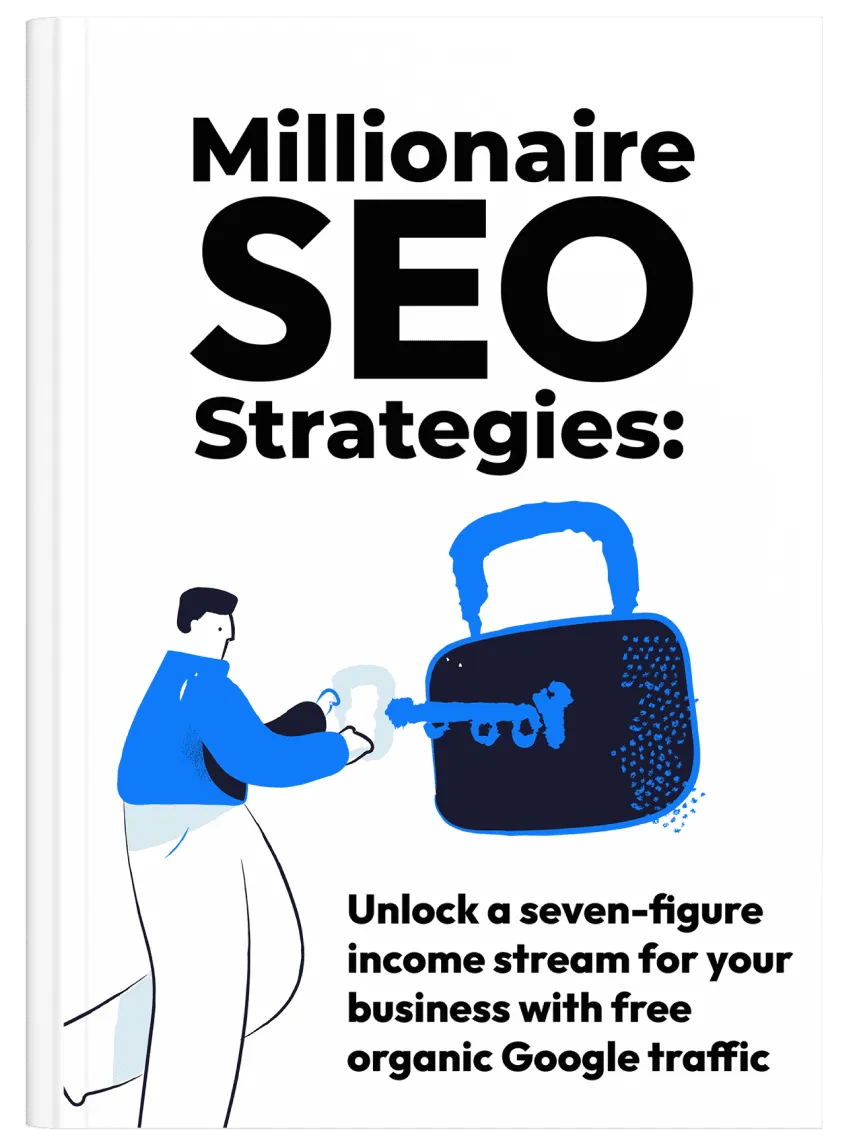
What Makes a Content Marketing Strategy Successful?
According to statistics, 91 percent of B2B online marketers use content marketing in some way, shape, or form to reach their potential and existing customers. However, a study by Marketing Profs and the CMI reveals that 63 percent of online businesses do not have a documented content strategy.
As you can tell, a large percentage of businesses might be using content marketing without any documented strategy.
That is just one of the many reasons why so many online businesses fail — especially at content marketing. Because they do not know what they are doing. Furthermore, merely having a documented content strategy isn’t enough. That content strategy also needs to be effective.
But what makes a content strategy effective and successful?
In this blog post, we are going to take a look at seven things that help make a content strategy successful.
1. Focus on short- and long-term goals
A content strategy should be an extension of your overall marketing and business plan. It does not work in isolation — but in tandem with the overall business strategy.
That’s why it is crucial that your content strategy focuses on overall marketing and business short-term and long-term goals.
For example, if your business goal is to penetrate a different market segment, is your content strategy doing enough to further that goal? If not, it is not an effective and successful content strategy.
2. A practical content calendar
No content strategy is complete without a working content calendar. After all, the execution of your content strategy completely depends on it.
A good content calendar is ambitious but realistic and practical. It is also very comprehensive and contains every bit of important information, e.g., due date, publish date, current statuses, content promotion dates, content refresh dates, etc.
Note that the content calendar isn’t supposed to be only limited to your blog content. Instead, it should encompass everything related to content, e.g., commercial page refreshes, email marketing campaigns, public-facing white papers, guest posts, internal communication content, newsletters, gated and ungated ebooks, etc.
3. Clear and succinct content guidelines
What are the content guidelines that writers and editors are supposed to follow?
Without clear content guidelines, your content team won’t be truly productive and effective. The goal is to automate processes and minimize friction — for example, eliminate multiple feedback rounds.
That’s not really possible without content guidelines.
4. A website that is built for content and readers
No matter how good your content strategy is, if your website isn’t built for content and content consumption, you will have a hard time getting the desired results.
Does your website have a good product or service? Is it reader-friendly? Does it load fast enough? Does it have a good website design? Is it built for conversions?
The efficacy and success of a content strategy depend on all these factors and more.
5. Content promotion and marketing plans
Remember that a content strategy isn’t just about content creation. It is also about content promotion and marketing.
A lot of blogs and businesses do not publish dozens of blog posts every month. Instead, they rely on fewer but higher-quality blog posts — maybe even once per month. Once that post is live, their focus is primarily on promoting that content, ensuring its longevity and a stronger link profile.
It won’t help if 90 percent of your content pieces do not find their audience. Therefore, make sure your content strategy equally accounts for an effective content marketing plan.
6. A content strategy that doesn’t stop at conversions
A content strategy that stops at the first conversion point is not an effective content strategy. Your job doesn’t end there.
A good content strategy continues to play a key role after a user has converted into an MQL. It helps them become an SQL and a paying customer.
After they become a customer, content continues playing a key role in ensuring they are retained as a customer. Moreover, you can also use content to upsell and cross-sell — all of which help increase the ROI.
7. Analytics and performance measurement
The last part of the puzzle is, of course, performance measurement.
You won’t know if your content strategy is working or not unless you successfully measure every single detail.
Tools like Google Search Console, Google Analytics, HubSpot, or Salesforce can help track how your content performs — especially in the context of the overall marketing and business goals.
Conclusion
Any business can create and have a content marketing strategy, but it won’t necessarily be successful — especially if it does not cover these aforementioned areas.
Make sure that your content marketing strategy does.
Let us know if you have any questions. And good luck!








